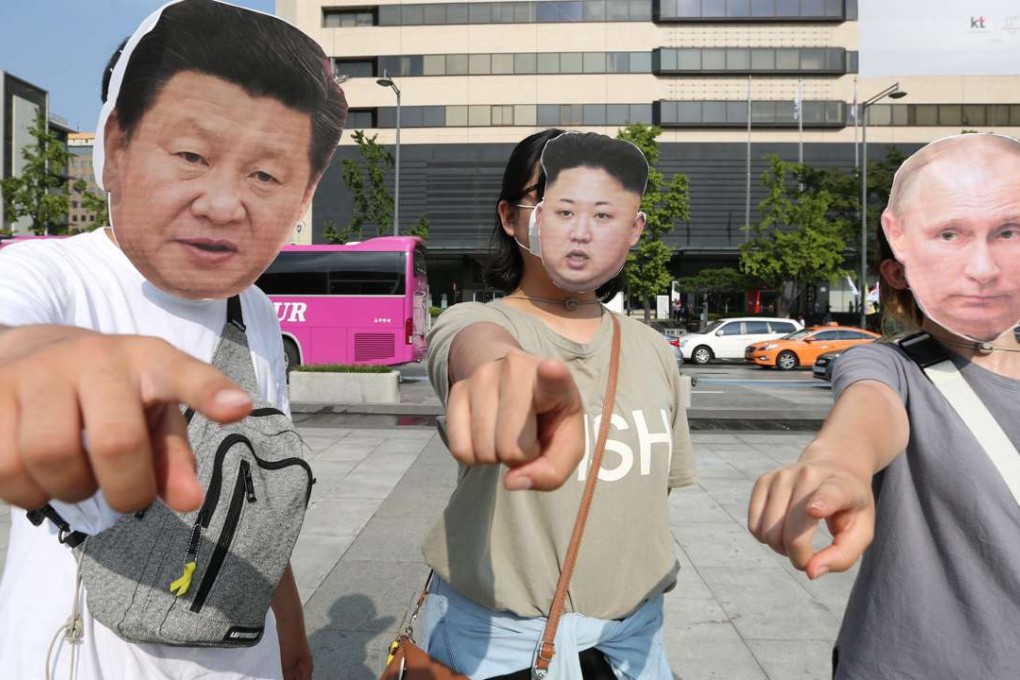How Chinese imports are propping up North Korea’s nuclear goals
Donald Kirk says China may not like to see Pyongyang as a nuclear power but it is helping its economy, otherwise facing imminent collapse, by violating UN trade sanctions amid outrage over the US-South Korea THAAD deal

China is no longer enforcing UN sanctions on North Korea while reviving often tense relations with the regime of leader Kim Jong-un. That view seems inescapable, given the record of Chinese imports from North Korea, notably coal, and cross-border trade, mainly from the Yalu River port of Dandong (丹東) to Sinuiju, one of the North’s primary economic zones.
The driving force behind China’s rush to embrace its long-time ally has to be outrage over South Korea succumbing to US pressure and agreeing to the installation of THAAD, the terminal high-altitude area defence system. Those are the billion-dollar batteries that the Americans say are needed to shoot down North Korean missiles flying 160km or more overhead.
South Korean President Park Geun-hye defends THAAD and urges Pyongyang to abandon nuclear programme
China’s support comes at a time when the North, to outward appearances in Pyongyang, would seem to be doing rather well. Visitors to the North Korean capital report high-rises sprouting up all over. They sense a new confidence among the elite, whom foreigners are more likely to meet, ranging from tour guides to minor officials in set-piece interviews, to carefully monitored North Koreans in public parks and upscale markets.
[North Korea’s] economy relies almost entirely on exports of raw materials
Those reports conflict, however, with the picture of what’s really happening to the country. Stephan Haggard, head of the Korea programme at the University of California, San Diego, predicts “collapse could happen quickly” – not the downfall of the regime as so often forecast but that of an economy afflicted by the steady depreciation of the currency to almost zero and the absence of funds to buy what’s needed to buttress a dilapidated economy.
Sure, “there’s a property boom in Pyongyang,” he observes, but “North Korea is having difficulty in securing imports”. Its economy relies almost entirely on exports of raw materials, one-third coal shipped mainly to China, but also to Russia, and on deals with the Chinese to mine for minerals, including gold, uranium, zinc and copper.